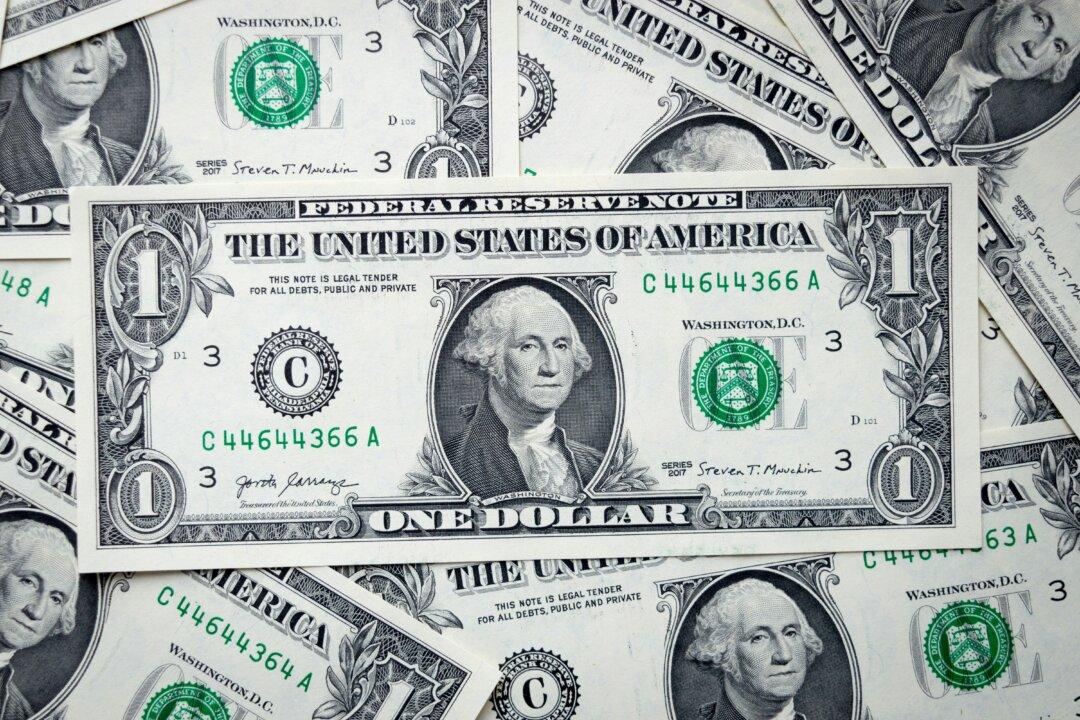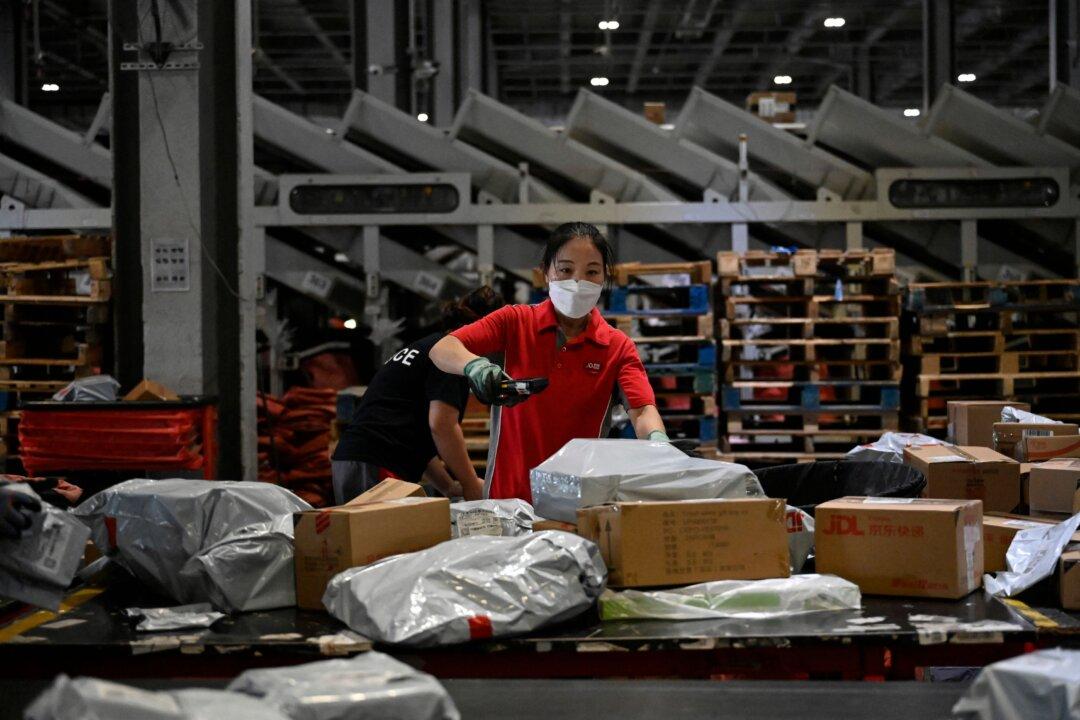Commentary
While China’s new electric vehicle (NEV) juggernaut surges ahead as an unstoppable force driven by a sizable domestic market and supportive government policies, escalating geopolitical tensions and increased scrutiny of China’s foreign investments are presenting significant hurdles to the sector.





